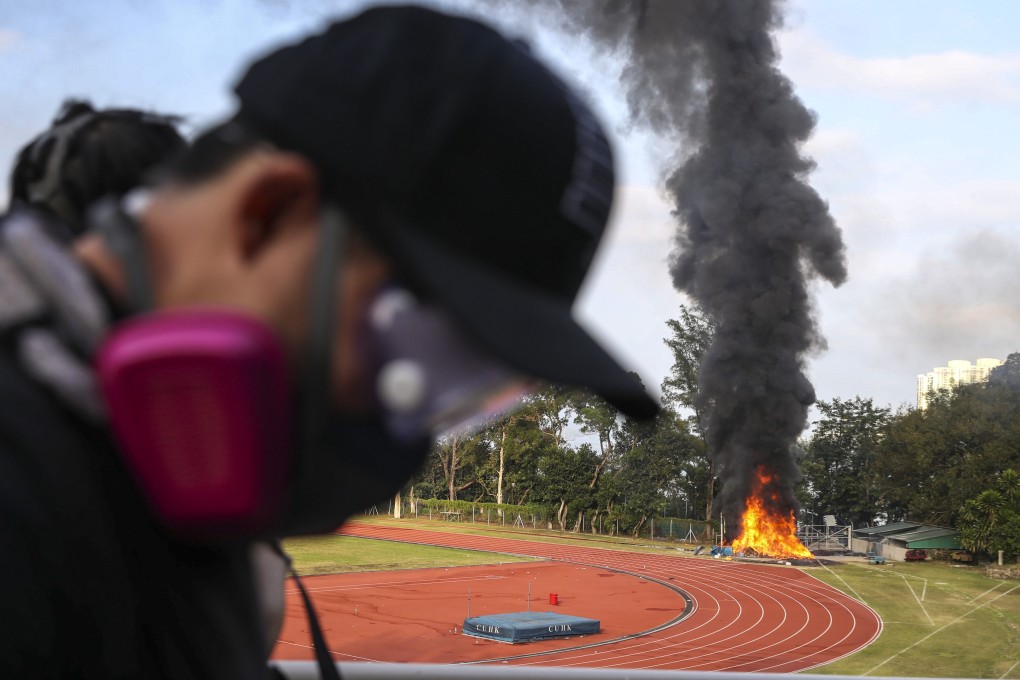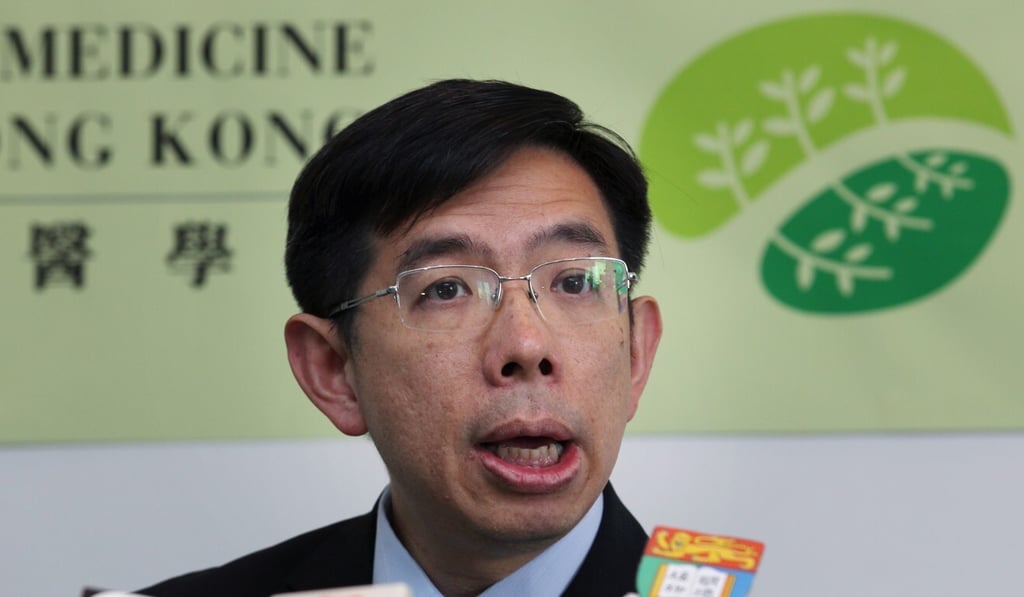One-two punch of protests, coronavirus playing havoc with mental health in Hong Kong, study finds
- Three-quarters of Hongkongers are experiencing negative thoughts following last year’s unrest and amid the ongoing Covid-19 pandemic
- Reported symptoms of PTSD and depression appear to be disproportionately affecting the young

Some three-quarters of Hongkongers are harbouring negative thoughts in the aftermath of last year’s social unrest and amid the ongoing coronavirus pandemic, with young people suffering significantly more from post-traumatic stress disorder (PTSD) and depressive symptoms, a new study has found.
Ongoing stressful events over the past year, including the anti-government protests, Covid-19 and difficult personal life events have cumulatively resulted in “alarming” levels of negative feelings, such as persistent fear, anger, self doubt and thoughts of death, according to the University of Hong Kong (HKU) survey.
“The overall mental health situation in Hong Kong is not good. We are in a very serious situation,” said Eric Chen Yu-hai, head of the department of psychiatry at HKU, who presented the findings in a Zoom conference on Thursday.

Since June last year, Hong Kong has been rocked by anti-government protests – sparked by the now-withdrawn extraditional bill – which only began to wane early this year, just as the city began grappling with the coronavirus pandemic.
The HKU survey polled nearly 11,500 people between February and July of this year, with the largest group of respondents – 49 per cent – comprising those below the age of 25. Forty-five per cent of respondents were aged 25 to 44, while only 6 per cent were 45 or older.